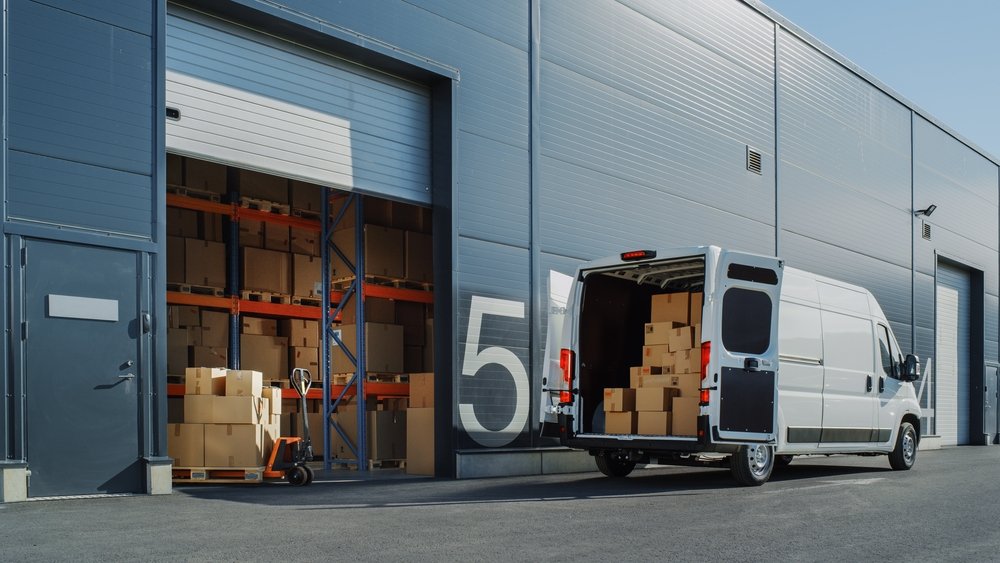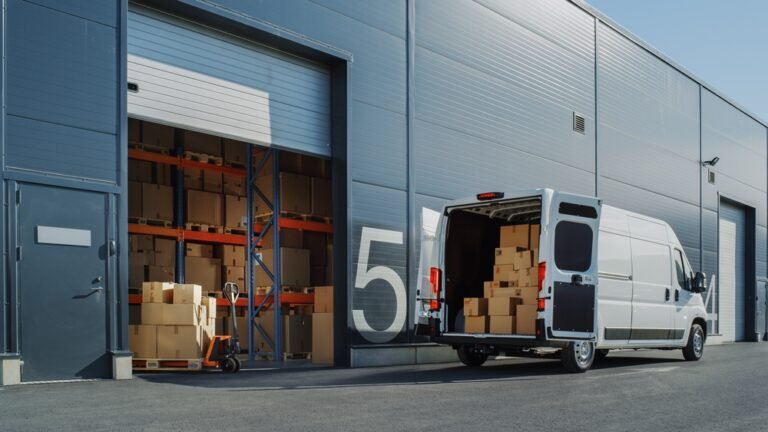
Efficient storage may not be the flashiest part of running a business, but it’s often the silent powerhouse that keeps operations smooth and customers happy. While flashy marketing campaigns or innovative products grab the headlines, the ability to store, manage and access stock effectively can make the difference between profit and loss. For businesses of all sizes, storage is about designing systems that work with the flow of operations, protect valuable stock and allow teams to work faster and smarter.
The Link between Storage and Profitability
At its core, storage is about protecting your investment. Every item in your warehouse or stockroom has value and every moment it spends unaccounted for or damaged is a moment your business loses money. Poorly managed storage systems increase the risk of inventory loss, spoilage or missed sales opportunities because the right product can’t be found when needed. In contrast, efficient storage ensures stock is stored safely, labelled clearly and positioned in ways that support quick movement through the supply chain. This is all about maximising the return on every square foot of space and every dollar invested in inventory.
Space as a Strategic Asset
Every square metre of storage space has a cost attached, whether you rent a warehouse or dedicate part of your office to holding stock. Businesses that use this space strategically can store more inventory in less space, delay the need for costly expansions and streamline their operations. This means considering vertical storage, modular racking and even the design of the pallets and containers you use. Many companies, for example, choose to buy plastic pallets because they are more durable, uniform and easier to handle in automated systems than traditional wooden ones. By standardising storage platforms, businesses can stack goods more securely, move them faster and reduce damage in transit or storage.
Reducing Bottlenecks
An inefficient storage system is often the root cause of operational bottlenecks. When items are stored haphazardly, employees spend valuable time searching for them, leading to slower fulfilment and frustrated customers. Efficient storage systems are designed with workflow in mind. High-demand products are placed within easy reach, while less frequently needed stock is stored further away. Logical labelling systems and digital inventory tools mean that every item can be located instantly. When products move smoothly from storage to shipping and orders are fulfilled faster. Which means customer satisfaction naturally follows.

Protecting Stock and Reducing Waste
In sectors like food, pharmaceuticals or electronics, improper storage can lead to spoilage, contamination or damage. Even in industries with more robust products, prolonged storage in poor conditions can lead to deterioration. Efficient storage is just about placement, sure, but it’s also about protection. Temperature control, moisture prevention and impact resistance are all factors that can preserve product value. Tools like protective wrapping, sturdy shelving and high-quality pallets play a key role in ensuring goods arrive to customers in perfect condition. Over time, reducing waste and avoiding damaged stock directly improves the bottom line.
Supporting Scalability and Growth
A storage system that works well for a small business can quickly become a problem when orders start doubling or the product range expands. Designing a flexible, scalable storage solution from the outset allows a business to grow without major operational overhauls. This might mean choosing modular shelving that can be reconfigured, or investing in automated systems that can handle increased volume. In the same way, standardising storage equipment, such as opting to buy plastic pallets for uniformity, can make it easier to integrate new technology like robotic pallet movers or automated picking systems. When growth happens, businesses that have invested in adaptable storage are ready to seize the opportunity without costly delays.
A Quiet Advantage with Big Results
While efficient storage may not earn you awards or media coverage, it provides a strong, steady foundation for business success. It’s an investment in speed, safety and scalability that often pays for itself many times over. In a world where customers expect fast delivery, accurate orders and perfect products, the way you store your goods could be your most powerful competitive advantage.



